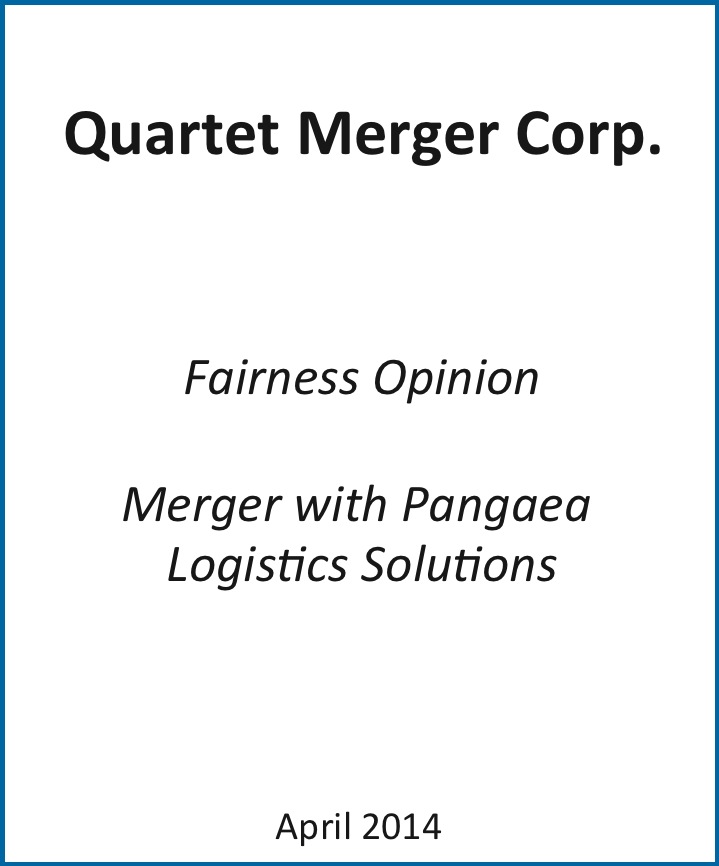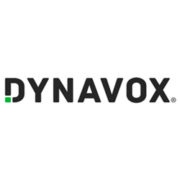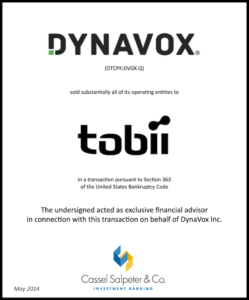Before buying a business, do your due diligence
Click here to view the original article.
By James Cassel, Special to the Miami Herald
May 25, 2014

JAMES CASSEL
Like it or not, due diligence is necessary before buying any business. In my experience, I’ve seen business owners neglect to invest the time, money and resources required for this, only to regret it later when they have closed on the transactions and discover issues and problems they hadn’t expected and could have avoided.
Unfortunately, there are no crystal balls, purple pills, or shortcuts when conducting due diligence. While most people agree it’s important, they often feel disinclined to do all that is necessary for myriad reasons, including thinking they should save the money, don’t need due diligence because they’re buying from people they trust, can do it themselves, and/or are getting what has been represented. Some only conduct partial or minimal due diligence, which isn’t the due diligence that is needed, particularly not if they miss major items that bring great exposure.
Although every deal is unique, I’ve found some key fundamentals to be important for potential buyers to keep in mind relative to due diligence. These include:
• A strong team to conduct due diligence: Buyers who don’t dig deep enough into potential acquisitions often fail to bring together a complete team of experienced professionals. This team includes the right lawyers, accountants, and investment bankers as well as other consultants and specialists that may be needed, such as professionals to conduct environmental studies or evaluate technological infrastructure.
• Employment and human resources: Confirm whether the company has its HR department in order and keeps accurate and updated files on employees, benefits packages, etc. Also find out whether there are any union contracts or employment or discrimination litigation. Inheriting a legacy of HR liabilities can be a nightmare. Find the right consultants to assist you.
• Finances: You and your accountants must dig much deeper than looking at receivables and payables. Financial due diligence means reviewing all the books and records, bank reconciliations, balance sheets, and the data behind any audited or unaudited financials that will enable you to see the big picture as well as the details.
• Information technology and IP: The need may vary depending on the type of company you’re looking to acquire, but for a technologically based or supported company, you should determine what IP the company has, whether it’s using proprietary or home-grown technology, has solid patents, and if all the software is properly licensed and documented.
• Real estate: You may need to conduct an environmental audit as well as have title checked. Have a real estate lawyer examine all leases.
• Suppliers: You need to know what the existing relationships with the suppliers are like, whether there are multiple suppliers, if the pricing is strong or weak compared to the industry average, if there are any product shortages, and how to get the most advantageous pricing if the company isn’t already doing so. All supply agreements must be reviewed.
• Customers: What is the customer concentration, how steady are customer relationships, do sales depend on contracts or purchase orders, and do customers pay on time? These are only a few questions you should ask about the customers of the business you’re looking to acquire. Money invested in niche customer due diligence firms is money well spent.
• Management: This is a particularly important one. Are you going to keep the current management? You have to determine what the full extent of the current management team’s relationship is to the company and whether or not the company is capable of flourishing with or without the team. Also, it is also good to determine whether there are non-compete agreements and non-solicitation agreements in place.
• Legal: It’s crucial that you conduct state and federal litigation and judgment searches on the company and all of its principals. Although litigation is not necessarily a red flag since many companies have been involved in some form of litigation in their history, all litigation should be investigated thoroughly nonetheless.
• Competitive market: You need to know about the company’s market share, the size of its market, and who its competitors are.
• Agreements: All company agreements should be closely reviewed, particularly the terms and conditions, as well as whether change of control provisions exist.
• Common sense: Big problems are often sitting right before our eyes, so keep your eyes open and use common sense. For example, I always recommend that people begin with Google searches — it’s amazing what can be found on Google! Also, if you’re considering buying a business, you should take a walk around the property and look for anything that might seem out of the ordinary. When helping a client conduct due diligence before buying a factory, I noticed dead grass in a particular spot. An environmental search revealed that the seller had been dumping chemicals there. The cleanup cost was substantial, and because it was discovered before any acquisition action, the seller paid for it. This matter could have been costly had it not been discovered in the due diligence process.
Keep in mind, these considerations don’t represent an exhaustive due diligence checklist. This is a high level summary overview that should be supplemented by a meticulously detailed checklist, tailored to the transaction and a thorough investigation by an experienced team of acquisition professionals.
There are few things that business owners regret more than getting burned and losing millions of dollars because they tried to save some money upfront on the due diligence. Don’t be one of those: Take the right steps now to protect your best interest in the long run.
James Cassel is co-founder and chairman of Cassel Salpeter & Co., LLC, an investment-banking firm with headquarters in Miami that works with middle-market companies. He can be reached at jcassel@casselsalpeter.com and www.casselsalpeter.com






